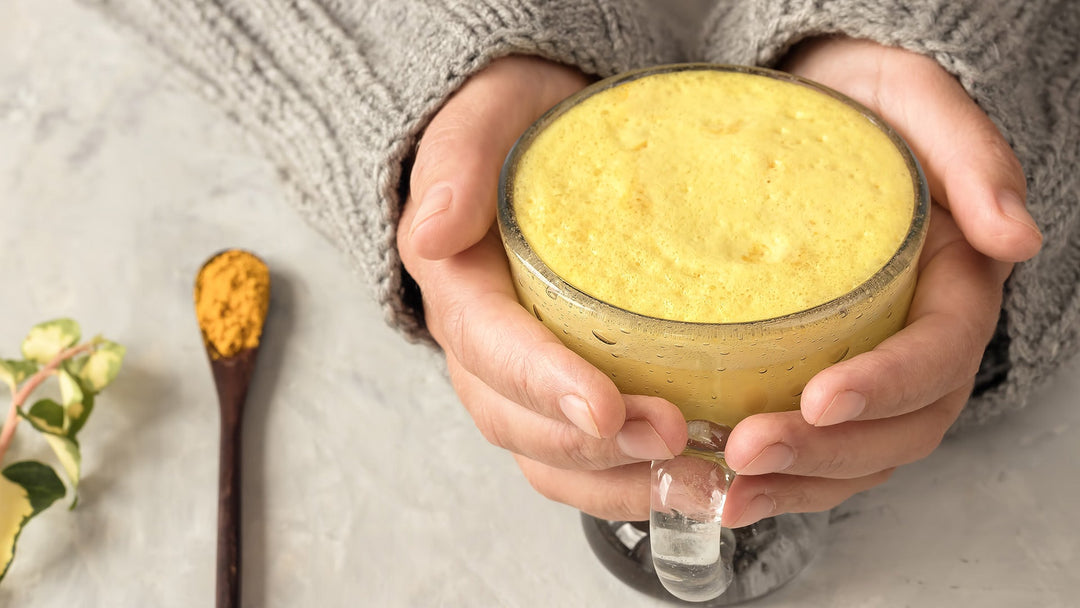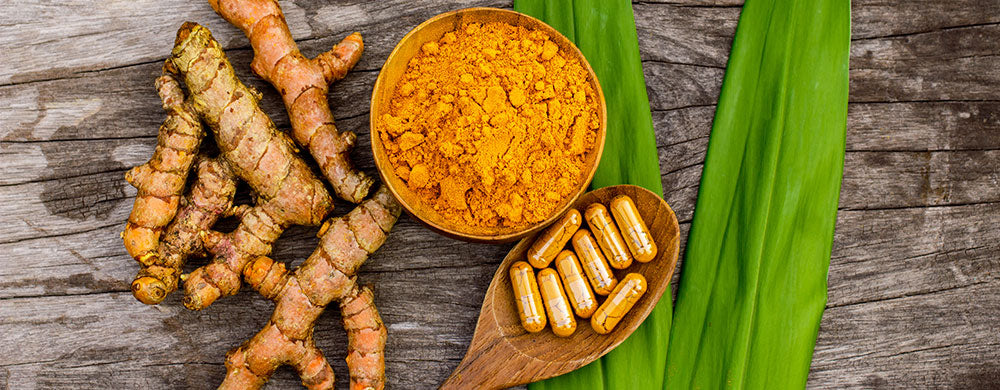That’s why fermentation is healthy

Fermentation is probably the oldest biotechnology that humans have used. It is not known exactly when humans began fermenting food. However, it is known that fermented foods have played a role in human nutrition for thousands of years. But what exactly is fermentation and do fermented foods offer any added health benefits?
What is fermentation?
Fermentation is a process in which carbohydrates are converted into alcohol and organic acids by microorganisms. Microorganisms that are able to ferment carbohydrates are yeasts and bacteria. Fermentation takes place under anaerobic conditions. That is, without the presence or supply of oxygen. The best known are probably the so-called lactobacilli. These are also called lactic acid bacteria. Another microorganism that is used in fermentation is Saccharomyces cerevisiae, also known as baker's yeast. Regardless of which microorganism is responsible for the fermentation, a completely new food is created. Milk becomes yoghurt, grapes become wine and grain flour becomes sourdough bread. The fermentation process can be illustrated as follows:

Which foods are fermented?
There are a variety of fermented foods. The most well-known include yogurt, kombucha, sauerkraut, beer, wine and sourdough bread. Below we will look at the scientific studies on the individual foods and answer the question: Do fermented foods have any added health benefits?
Yoghurt - A product of lactic acid bacteria
Yoghurt is a popular fermented food made from milk. The yoghurt production process uses so-called lactobacilli, which are better known as lactic acid bacteria. Studies have shown that regular consumption of yoghurt has a positive effect on the immune system and can improve intestinal health. (1) In addition, fermented yoghurt has also been shown to be helpful in cases of lactose malabsorption, a limited absorption of lactose in the small intestine. However, caution is advised here: yoghurt usually still contains milk sugar.

Kombucha - Fermented Tea
Kombucha is a fermented drink made from sweetened tea using a kombucha culture. The kombucha culture is a symbiosis of various yeasts and bacteria. These form a mass that is added to the sweetened tea. The kombucha culture ferments the sugar (carbohydrates) from the tea. Organic acids and alcohol are produced. Therefore, kombucha naturally has a certain alcohol content and carbon dioxide. A 2019 review concluded that all health-related claims about kombucha still need to be tested in clinical studies. According to the authors, a current assessment of the health effects of kombucha cannot currently be given. (2)

Sauerkraut - Fermented cabbage
Sauerkraut is a traditional and fermented food, especially in German cuisine. A meta-analysis from 2014 examined 139 studies on sauerkraut that were published between 1921 and 2012. The study warned against drawing hasty conclusions and suggested that the possible health-promoting properties of sauerkraut should be examined more closely beforehand. In individual cases, allergic reactions may occur. The current state of research on the connection between sauerkraut and cancer is also inconclusive. (3) A randomized, controlled study from 2018 showed that sauerkraut could be helpful for irritable bowel syndrome. (4) Further studies are needed to assess the health effects of sauerkraut on the human body.

Beer – water, malt and hops
In beer, carbohydrates from grain are fermented into alcohol and carbon dioxide. The fermentation process takes place under anaerobic conditions. Beer, with its world-famous purity law, is the best-known fermented drink from Germany. Studies show that moderate alcohol consumption could offer health benefits. (5) Alcohol is assumed to have a positive effect, especially with regard to cardiovascular diseases. The meta-analysis from 2020 mentioned above was able to show that beer has a positive effect on cardiovascular parameters such as blood lipid levels and vascular function. The meta-study examined a total of 69 studies in this context. Of course, the following applies here: alcohol is harmful in large quantities. How much alcohol can be considered "moderate" has not yet been conclusively clarified. In addition, research is being carried out into which ingredients in beer can contribute to a possible protective effect in cardiovascular diseases.

Wine – deliciously fermented
Wine has been a popular drink for thousands of years. It is made from fermented grapes. Wine is also an end product of alcoholic fermentation. The Romans and Greeks already valued wine as a food. Due to the great popularity of wine, more and more studies have been carried out in recent years. A review from 2018 came to the conclusion that 1 - 2 glasses of wine a day as part of a Mediterranean diet offers health benefits. (6) One possible ingredient responsible for this is resveratrol.

Sourdough bread - wholesome and delicious
Sourdough bread is the traditional form of bread. In the past, dough was left to rise for a long time and thus fermented. Nowadays, bread is usually baked using industrial quick processes. The bread is hardly given any time to develop. This not only affects the aroma of the bread, but also its digestibility. Studies show that sourdough bread is easier to digest. (7) In addition, other studies have shown that many ingredients that are toxic to some people are broken down. Gluten, for example. A study from 2010 was able to prove that under certain conditions and in sourdough bread that has been fermented for a long time, the gluten is almost completely broken down by bacteria. This can be particularly interesting for people with celiac disease. (8) But be careful: most breads sold as sourdough bread at the bakery still contain high amounts of gluten. Here, too, you can see that the natural fermentation process creates new foods and makes the raw materials more digestible for the intestines and body.

Conclusion
Fermented foods have been a natural part of the human diet for centuries. Yoghurt, kombucha, sauerkraut, beer, wine and sourdough bread in particular have been produced by humans for a long time with the help of microorganisms. During fermentation, yeasts and bacteria break down carbohydrates into alcohol and organic acids. Fermented foods have a positive effect on human health. Studies have shown that pre- and probiotic components of these foods contribute to this effect. Eating fermented foods makes sense and can have a positive effect on health.


